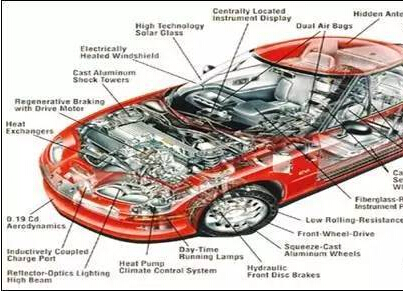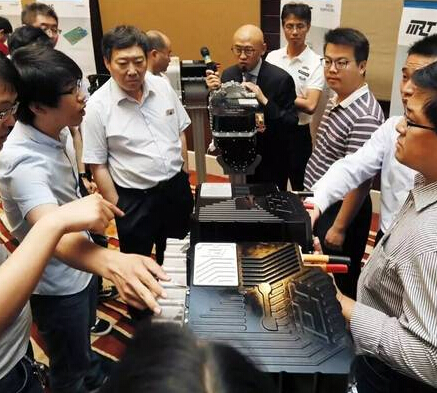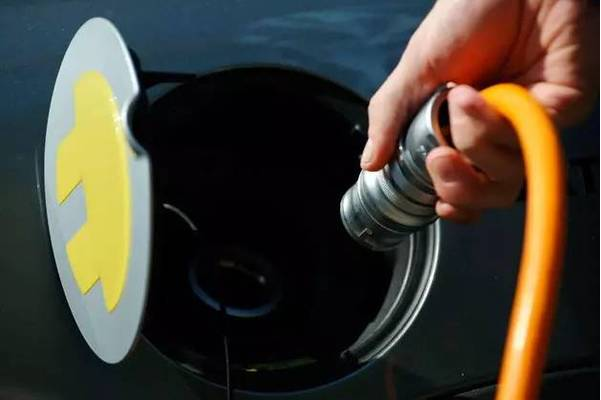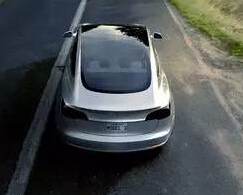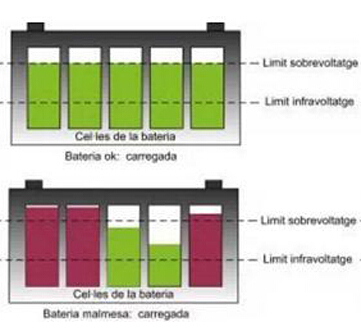"The road conditions and traffic environment are different in different countries, and the intelligent electric vehicles that Chinese enterprises develop according to China's national conditions are the most practical."
With the gradual popularization of electric vehicles, intelligent networked electric vehicle technology is the future development trend of the automobile industry. The automobile industry is 'eight-turned' (electricized, intelligent, information, networked, lightweight, personalized, shared and Terminalization brings the cross-integration of technology, industry and disciplines, bringing about tremendous development in the automotive industry. Among them, electrification, intelligence, and networking are fundamental and fundamental technologies. Yin Chengliang believes that "in terms of the intelligence of automobiles, China is the world's largest automobile market, and the demand for smart cars is huge. At the same time, the gradual rise of self-owned brand passenger cars in recent years has laid a certain foundation for the development of smart cars. The developed information industry in China has promoted the development of smart car-related industries. These developed information industries include: new generation information technology - Internet of Things technology, artificial intelligence technology - distributed intelligent systems, intelligent optimization technology - intelligent monitoring Diagnostics and compensation; big data analysis and decision support technology.
From a global perspective, the use of artificial intelligence is still in its infancy at home and abroad, and China has the potential to catch up. At present, the application on the smart car is pseudo artificial intelligence - using only the deep learning algorithm for the application of sensing level such as image processing, then what is the real artificial intelligence? Yin Chengliang said that true artificial intelligence can learn people's emotions, personalities, habits, etc., including different national, human and historical features in the bones. This is the future direction of artificial intelligence in the real sense of the car.
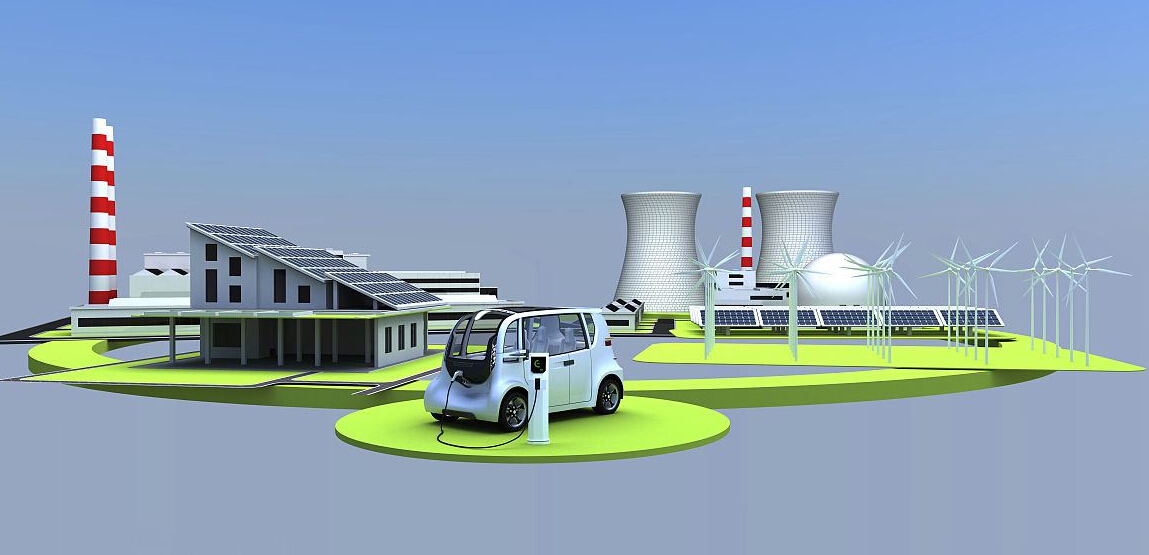
Intelligentization is based on bicycle technology extension, while network integration requires the coordinated development of multiple industries in the society (higher than the social nature of the car itself), and the industry has a significant effect. However, it is not something that a single automaker can handle. In Yin Chengliang's view, the traits of the Chinese society to concentrate on doing big things will provide possibilities for the rapid development of network integration. China has a strong ICT, Internet industry base and innovation capabilities, and has great advantages in Internet applications. In Yin Chengliang's view, China has an advantage in software. This is related to China's national conditions and scenes. China's road scene is unique, and foreign design control strategies are not necessarily available in China. Therefore, he proposed that China must rely on the scene for development.
It is worth noting that electrification is the basis of intelligent networked cars. After 30 years of development, China's four major environments for the development of electric vehicles have been formed, and master the core technologies of battery motor electronic control. Therefore, Yin Chengliang believes that from the perspective of national energy security, it is imperative to vigorously promote the intelligentization of electric vehicles.
However, in the current international environment, automobiles are an important battlefield for trade wars, whether it is an OEM or a component manufacturer. In terms of the domestic environment, the subsidies for new energy vehicles have fallen, the double-point system, the joint-venture auto stocks have been cancelled, the tariffs on imported autos have been reduced, and the new energy vehicles have been allowed to build wholly in foreign-invested factories. According to the data released by the China Association of Automobile Manufacturers, in July 2018, the production and sales of passenger cars were 1.725 million and 1.59 million, respectively, down 10.6% and 15.2% from the previous month, down 1.9% and 5.3% respectively over the same period of the previous year. Passenger car sales were significantly lower than production. Overall, the status quo of the car that China faces is not optimistic.
"In terms of intelligence, China is still at a disadvantage in terms of hardware. The mainstream sensors, core chips and actuators carried by domestic smart cars are basically from abroad, and they are highly vulnerable to foreign constraints in the development process." To this end, Yin Chengliang suggested that the country should Actively digest and utilize existing production capacity to prevent the collapse of the industrial chain caused by overcapacity. At the same time, it is necessary to effectively prevent the concentrated outbreak of problems and lengthen the time chain of policy announcement, implementation, landing, and rules to avoid the agglomeration effect. In addition, we must pay close attention to the core technology layout, research and development, and production, and effectively solve the problem of hollowing out.
















 RCCN WeChat QrCode
RCCN WeChat QrCode Mobile WebSite
Mobile WebSite
